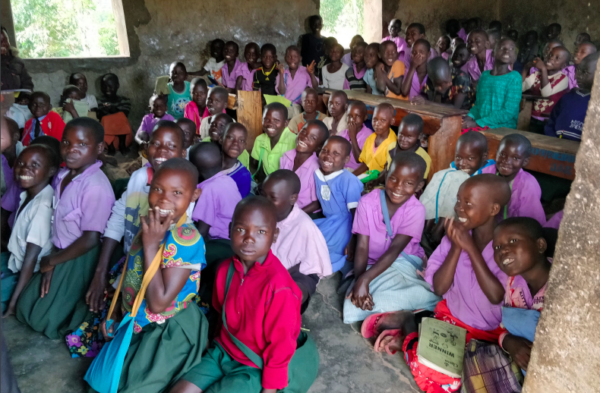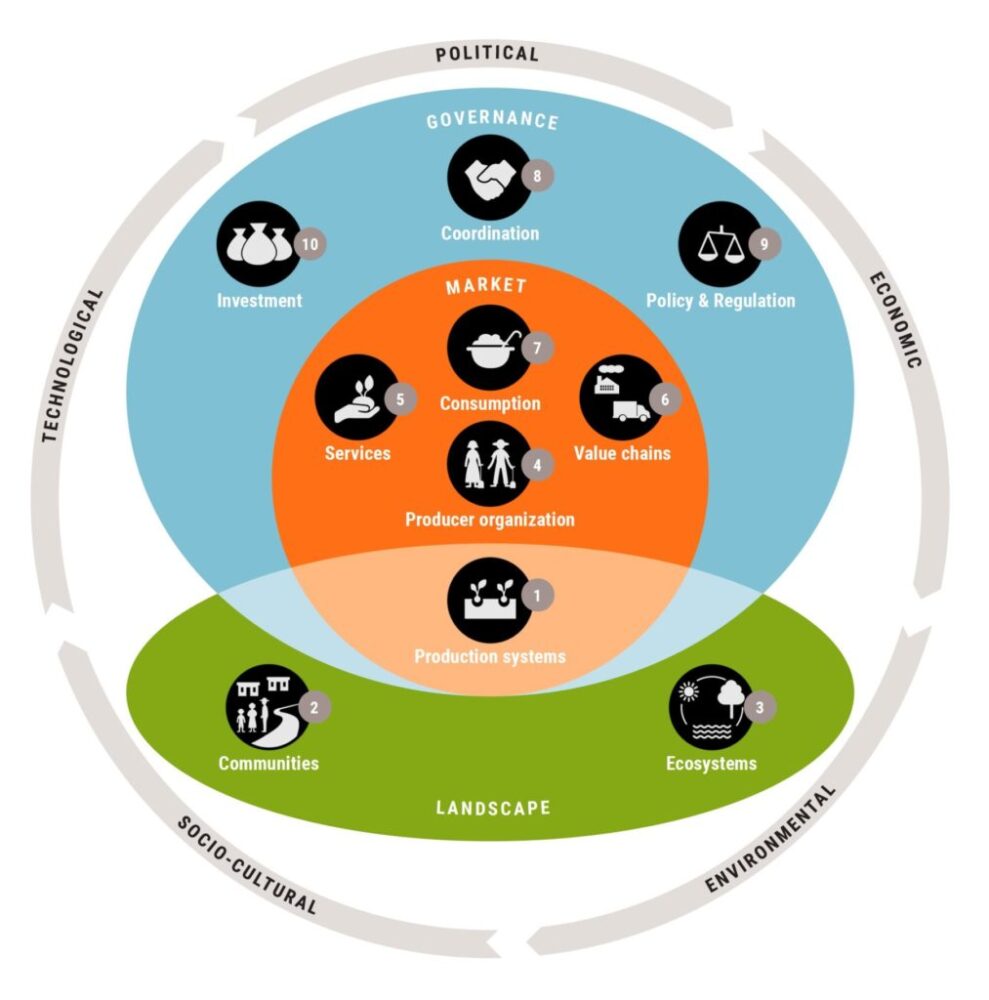
Social Development



The production and trade of agricultural, forestry, fishery and mining products are needed to meet the growing demands of the world’s population and to contribute to stronger national economies. However, these production and trade systems are also linked to persistent socio-economic and environmental problems. Value chain initiatives to address the challenges tend to be ‘islands of success’ and they remain limited in scale. Many others do not sustain over time. To improve the performance of a sector as a whole, there is a need for a more holistic and coordinated approach to sector transformation.

AidEnviroment provides structured and integrated approaches to understand commodity sectors and develop sustainable transformation strategies. We help clients identify and assess innovative solutions across a range of systemic challenges. We also support them in monitoring impact and lessons learned for continuous improvement of interventions.
To promote the sector performance of an agricultural commodity at scale, systemic solutions are needed in three areas – landscapes, markets and governance. AidEnvironment offers high quality services to better understand what strategies are needed across these areas.
Sector diagnostics & strategies
Our sector diagnostics provide a structured and integrated approach to assessing sectors and creating a shared understanding. To do this, we developed a model to unpack the sector context in distinctive components (landscapes, markets and governance). This model is also used to identify and address root causes of specific issues such as child labour, low incomes and deforestation. Read more here.
Innovation research
We conduct research at the forefront of current thinking about key topics related to sustainable production and trade. We help our clients gain new insights on specific solutions, such as living wages, price management and procurement practices and the role of sustainability initiatives. Read more here.
Monitoring and learning
We design monitoring systems and conduct mid-term and final evaluations for a wide range of subjects. We focus on systemic changes and outcomes, such as change in behaviour, policies, norms and institutions, and emphasise evidence-based learning for continuous improvement. Read more here.